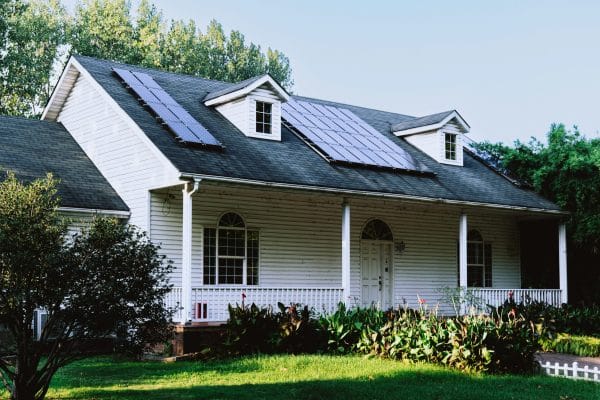
"In recent years, the UK has faced an uncomfortable truth: the energy grid isn't as reliable as many once assumed. Between ageing infrastructure, climate-driven storms, and growing energy demand, the risk of blackouts is on the rise. This uncertainty is pushing more households to rethink how they prepare for power cuts and emergencies. One solution standing out in these conversations is home battery storage UK. More than just a modern gadget, it has quickly become a central pillar in many families' emergency preparedness plans."
"When a storm rolls in and the lights flicker out, most households immediately think of their essentials: refrigeration for food, heating or cooling systems to maintain safe indoor conditions, and the ability to charge communication devices. For some families, uninterrupted power for medical equipment is absolutely critical. This is where home battery storage shines. Unlike fuel-powered generators, batteries operate silently, with no need to stockpile fuel or worry about carbon monoxide poisoning."
"Grid resilience and community-level benefits The power of battery storage goes beyond the walls of a single home. At a community level, interconnected systems create what experts call "virtual power plants" (VPPs)-networks of batteries that can stabilise and support the grid during stress. Take Puerto Rico as an example: around 10% of homes with solar panels and batteries form a 69,000-unit energy network."
The UK energy grid faces increasing unreliability due to ageing infrastructure, climate-driven storms, and rising demand, elevating blackout risk. Home battery storage has emerged as a practical preparedness solution that supplies backup power for essential home functions, including refrigeration, heating or cooling, communication devices, and medical equipment. Battery systems operate silently and avoid fuel storage or carbon monoxide hazards associated with generators. Aggregated household batteries can form virtual power plants that stabilise and support the grid during stress, delivering community-level resilience and reducing dependence on fossil-fuel backup generation.
Read at London Business News | Londonlovesbusiness.com
Unable to calculate read time
Collection
[
|
...
]